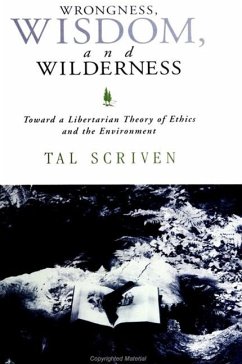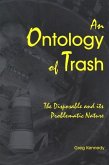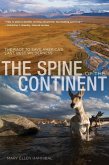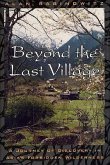Defends a libertarian social ethic that can support government action in pursuit of social goals and offers a new perspective on the relationship between social ethics, personal ethics, and environmental ethics. "This is a provocative new perspective on the relationship of social ethics and the 'good life' of individuals...One of the best features of the book is the combination and juxtaposition of major figures in the history of philosophy, current social policy, and common moral beliefs". -- Eric Katz, author of Nature as Subject: Human Obligation and Natural Community Scriven elaborates and defends a libertarian theory of social ethics that can support welfare, reverse discrimination, and environmental preservationism; biocentrism, Nietzschean perspectivism, and laws requiring good Samaritanism; and utilitarianism, the social contract theory, and legal moralism -- all at the same time. This surprising work may well change our ideas about what libertarianism is and what it can be. In the process, the author offers strikingly original analyses of figures as varied as Plato, Hume, Rousseau, Kant, Mill, Schopenhauer Nietzsche, and Dewey. The first part of the book articulates a libertarian approach to the ethics of social policy, arguing that the principle of utility should be understood, in judging social policy, through application of the principle of harm, or wrongness. Part II draws on Plato, Nietzsche, and Mill to give an account of ideas relevant to moral reflection on individual lives, analyzing various theories of prudential wisdom that apply to the private realm of purely personal action. Part III deals with our relationship, as individuals and societies, to nature.Scriven argues that nothing logically prevents a well-constructed libertarianism from supporting environmentalethics positions at least as radical as biocentrism, although he finds deep problems with going as far as ecocentrism and its postmodern variants. "Interesting and inte
Hinweis: Dieser Artikel kann nur an eine deutsche Lieferadresse ausgeliefert werden.
Hinweis: Dieser Artikel kann nur an eine deutsche Lieferadresse ausgeliefert werden.








